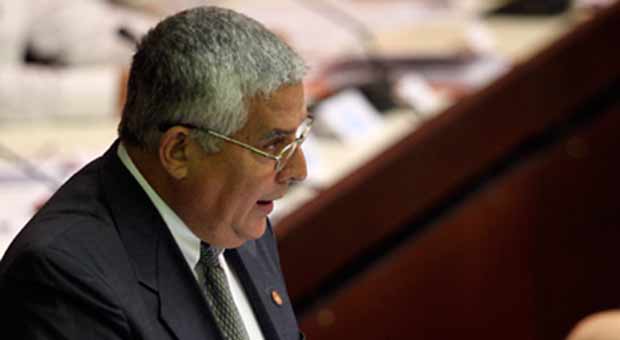New details on the upcoming Foreign Investment Act became public, a few days after the discussion of the Draft in an unusual special session of the National Assembly of People’s Power of Cuba.
Article 20 of the law shall provide that the State shall authorize the entry of foreign capital that does not affect the defense and national security, national heritage and the environment, according to the Cuban News Agency after a meeting Deputy Jose Luis Santander, chairman of the Committee on Constitutional and Legal Affairs of the Cuban Parliament had with the press.
Santander also explained that the legislation will grant priority to foreign investment in almost all sectors of the economy, especially in production. “It will also allow the establishment of a portfolio of investments, so that those who wish may know the areas of interest for the country.”
The new framework for foreign investment also decree a substantial increase in the payment to the Cubans recruited by outsiders, as Deborah Rivas , an official of the Ministry of Foreign Trade and Investment detailed.
Already in the Special Economic Zone of Mariel, no worker will earn less than the average wage of Havana, an amount determined by the government’s National Bureau of Statistics and Information, ONEI. The average salary of Havana is one of the highest in the country and is constantly growing.
Rivas said that the investment will have full protection and legal certainty. There may not be expropriations, unless undertaken for reasons of public utility or social interest, “previously declared by the Council of Ministers, but with due compensation for the market value established by mutual agreement between Cuba and investors” ACN specified. That provision would not be very different from the one in force.
The presentation of a new law on foreign investment in a new context and at full speed seems to predict a radical change in the relations between the Cuban state and entrepreneurs interested in entering the national economy.
In a study prepared for the Delegation of the European Union in Havana, experts from the Center for the Study of the Cuban Economy said that ” although the letter of the law doesn’t establish great restrictions, providing for example the ability to invest in almost all sectors of the national economy without limits to the contribution of foreign capital , in practice the characteristics of the Cuban institutional environment ( economy with high prevalence of state-owned , centrally planned and little development of market relations ) have conditioned the possibilities of foreign investment , restricting it to certain sectors or forms of investment based on the public interest in any particular moment . “
They added that “in Cuba foreign investment it is considered a complement to national investments according to the forecasts of economic and social development in the medium term (…) This determines the highly selective and discretionary character of the project approval, while reducing degrees of freedom in the conduct of business. “
How much Cuba is to open to foreign investment is a question that can be answered only after March 29.
Photo: ACN
Expect more information on the subject soon in OnCuba










